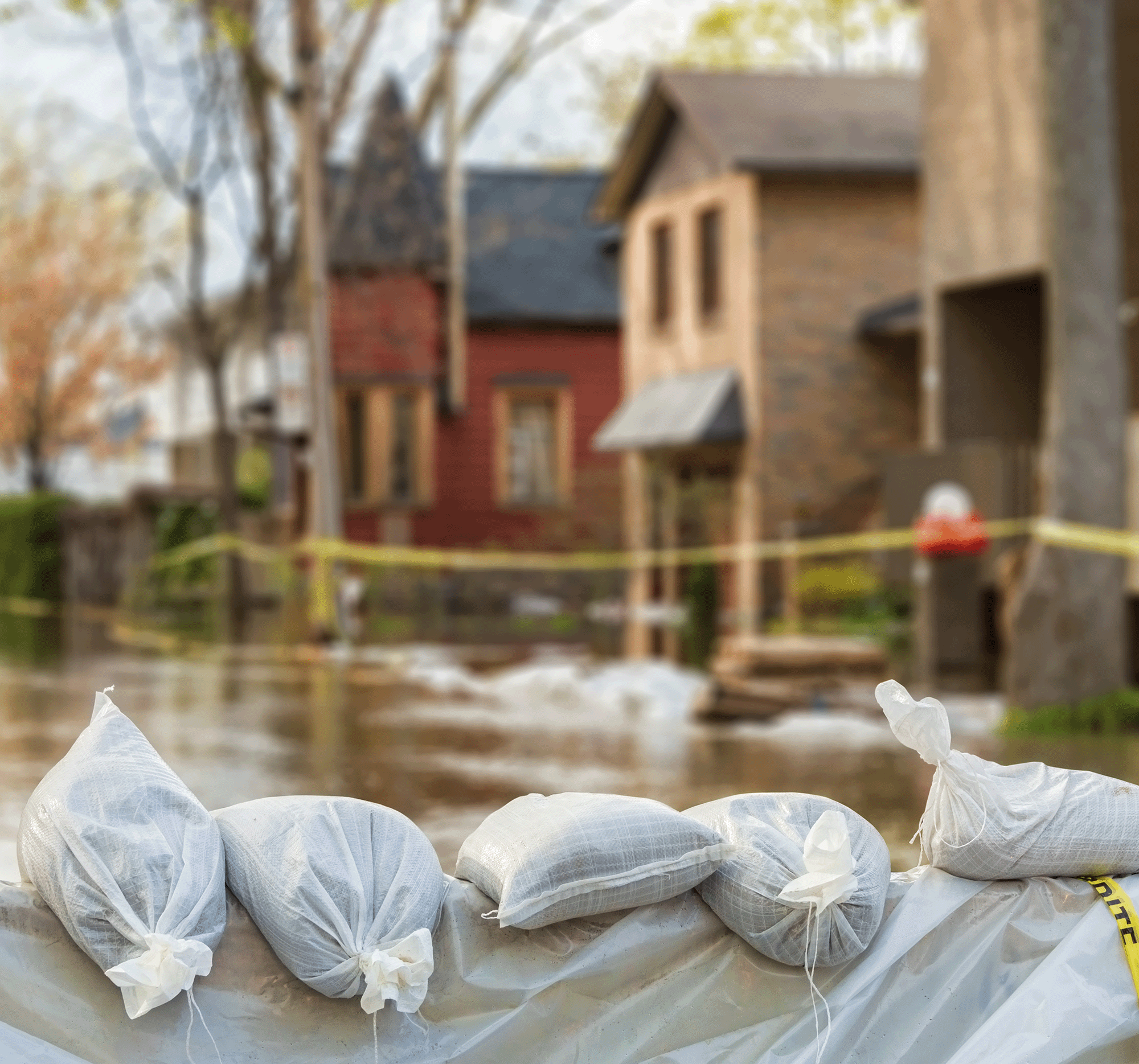Can The Florida Homeowners Insurance Market Crisis Be Fixed?
May 18th 2022
The headlines are in:
- “Another Florida insurer enters liquidation”
- “Florida homeowner lawsuits make up 79% of all litigation against insurers, nationwide”
- “Florida homeowner premiums set to increase by 111%
Needless to say, all eyes are on the Florida insurance market and the upcoming Special Session called by Gov. Ron DeSantis. Many wonder if government reform will be swift enough to save the market. Do existing companies stand a chance, and what does this mean for bold new companies who wish to enter the Florida market? Let’s dive in.
Why the Turmoil?
The proclamation from Governor DeSantis lists five reasons for the special session:
- Insurance industry losses
- Excessive claims litigation
- Rising homeowner premiums
- Insurer insolvencies
- The rapid growth of the state-run Citizens Property Insurance Corporation
We may instinctively point to Florida’s iconic peril, hurricanes, as the cause of the industry breakdown, but in actuality hurricane losses are not driving the recent surge in insurance costs. Last year, with no hurricanes striking the peninsula, insurers in Florida still collectively lost $1.5 billion in business. “In other words, a deep root of the Florida insurance crisis is litigation. In other catastrophe-exposed states, such as Colorado, Nebraska and Oklahoma, insurance premiums are high because of exposure to tornadoes and wildfires. But their markets are not in crisis” (R Street). Further, “The AM Best commentary titled, ‘Troubled Florida Property Market Participants Under Immense Pressure’ said hurricanes have not been the ‘primary culprit’ in the insurance problems but cited other issues, such as reinsurance and litigation costs and large numbers of roof-damage claims.”
In an April 2nd letter, Florida Office of Insurance Regulation (OIR) Commissioner David Altmaier said, “Florida’s ratio of claims closed without payment to lawsuits opened was 27%, eight times higher than the next state, Connecticut, where the ratio was 3.4%. That means more Florida homeowners filed lawsuits after not receiving a payment for their claim than in any other state by a margin of eight to one.”
Insurance companies are closing off new business or dropping policies to avoid the high costs of litigation. To date, a shocking 10 insurance companies, are in liquidation. Some of their policies are picked up by other carriers, but thousands of customers have been forced into the state-backed Citizens Property Insurance, with the insurer now above 800,000 policies, up from 570,000 just one year ago (The Florida Bar).
In April 2022, regulators heard a request by Citizens Property Insurance Corporation (Citizens) to raise rates by nearly 11%, about a third of the +30% indication. Citizens is supposed to be a last resort for customers seeking coverage, but due to limited market capacity, the business has no place to go.
Litigation
The question is apparent; why does Florida generate excessive claims litigation? One reason may be an offshoot of the Florida hurricane activity. In the past, an increase in hurricane claims created an urgent need for adjustors, contractors, and lawyers. Once the hurricane claims dwindled, however, Florida was left with an excess of professionals savvy to the industry and knowledgeable on how to get insurance companies to pay out under the current laws. Over the years, bad actors have used that knowledge to build entire careers on claims litigation, which only continues to negatively impact the insurance industry and ultimately the consumer.
Reinsurance
In addition to being forced to pay for the high cost of litigation, insurance companies are dealing with major uncertainty around reinsurance renewal costs which renew on June 1, just days after the special session.
“A recent report by investment analysts with JMP Securities warned that June 1 Florida reinsurance renewal is likely to be ‘one of the toughest in recent memory’ with reinsurance prices that will be out of reach for some under-capitalized companies…The issue lies in the very structure of the Florida market. Many primary insurers rely on the availability and affordability of low layers of reinsurance protection – the very layers that have been destroyed by the recent elevated frequency of loss events, which has led to reinsurers running away from these layers as quickly as possible.”
One proposed solution to the reinsurance cost and availability that is seemingly available by legislative reform is lowering the retention level for the states $11 billion Florida Hurricane Catastrophe Fund (FHCF). On the surface, this would result in the insurers needing to purchase less reinsurance. Chris Cury, President of the Florida Association of Public Insurance Adjuster’s board of directors said, “The single most important step that can be taken during the legislative session is to increase access to the Florida Hurricane Catastrophe Fund so insurance carriers aren’t forced to purchase expensive reinsurance from foreign entities and pass those costs to policyholders.”
On the contrary, “The FHCF is a tax-exempt state trust fund…It is intended to be self-supporting, with funding primarily from actuarially-determined premiums paid by residential property insurance companies” (sbafla.com). Lower retentions can mean higher premiums as the FHCF is covering more losses. This raises the question of whether allowing access to the FHCF will result in lower premiums for clients or ultimately lead to increases down the line.
Another option may be to use the excess and surplus market. “Florida properties with high catastrophe exposure should be insured by the excess and surplus (E&S) market, which charges premiums adjusted to risk. California, for example, saw its E&S volume triple because of wildfire risk since 2018, the deadliest season to date in the state. Florida should follow its lead” (R Street).
Overworked and Understaffed
The proclamation from Governor DeSantis states the session will consider legislation related to the Florida OIR. Many wonder if the Governor will grant funding for more positions in an effort to speed up processing time of regulatory changes and rate reviews.
In Florida, a special approval process applies when a company seeks to raise rates by more than 15%. Unfortunately, due to OIR staff shortages and the resulting compounding workloads, companies are faced with rate filings that sit for over a year without action, thus slowing down the cycle of implementation. This delays market adjustments and possibly leads to inadequate rates.
Resolution?
Reform is needed to correct the Florida insurance market and it must happen quickly. The special session is expected to examine changes that insurers have requested, including requiring roof-only deductibles and allowing actual cash value for damaged roofs instead of full replacement as is now required for many homes. Other ideas include revisiting ways to limit solicitation by roofers and further limiting attorney’s fees and litigation. Florida Regulators have already taken their own action by proposing new building codes that would relax the roof-replacement requirement; allow optional roof deductibles; and allow policy endorsements that offer arbitration instead of litigation in claims disputes. Progress is coming, but sources say it takes 18 months to see results, a timeline that encompasses two sets of potential reinsurance rate hikes and insurance company downgrades; thus, the outcome is uncertain.
Anthony Kuhns has more than 10 years of actuarial and insurance experience with a strong emphasis on rate filings and coastal property insurance.
Allison Ott has more than 10 years of insurance experience with a strong emphasis product development and regulatory analysis.
-
April 11th 2022
Heightened Insurance Risk Posed By Climate Change
Natural disasters and climate change have been on peoples’ minds for several years and,…
-
June 7th 2022
Why Require an Insurance Inspection?
As an insurance underwriter, an important factor in your decision-making regarding whether or…
-
May 3rd 2022
The All-Important Residential Insurance Inspection
An insurance inspection of a residential property is something that, although not required…


